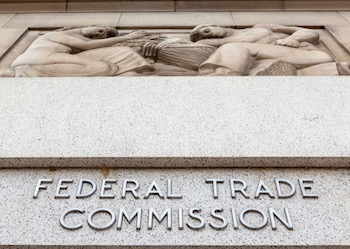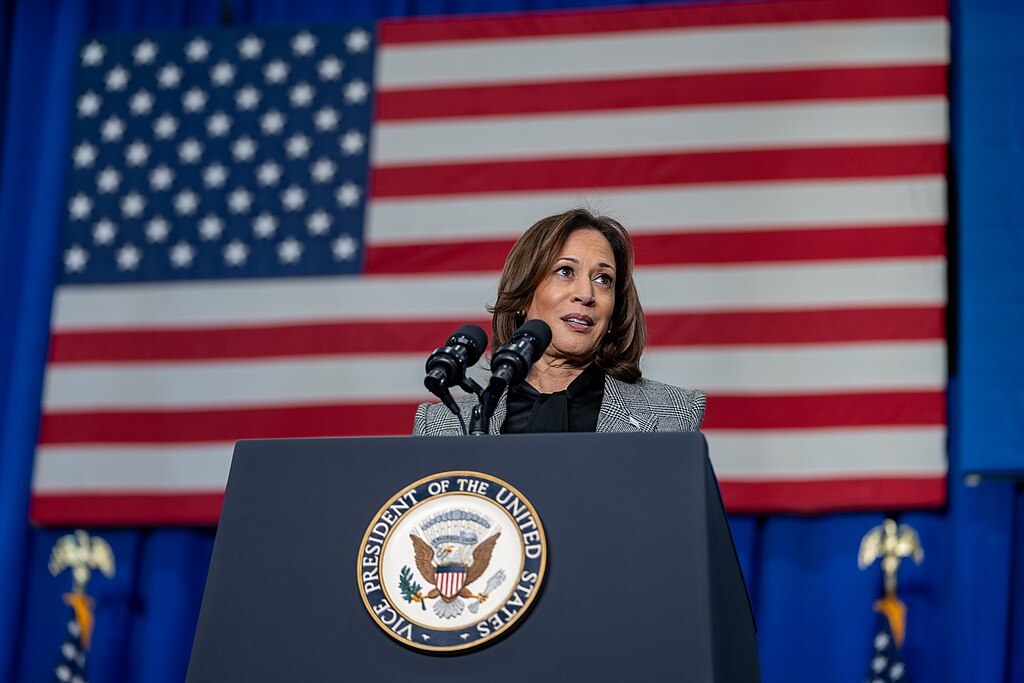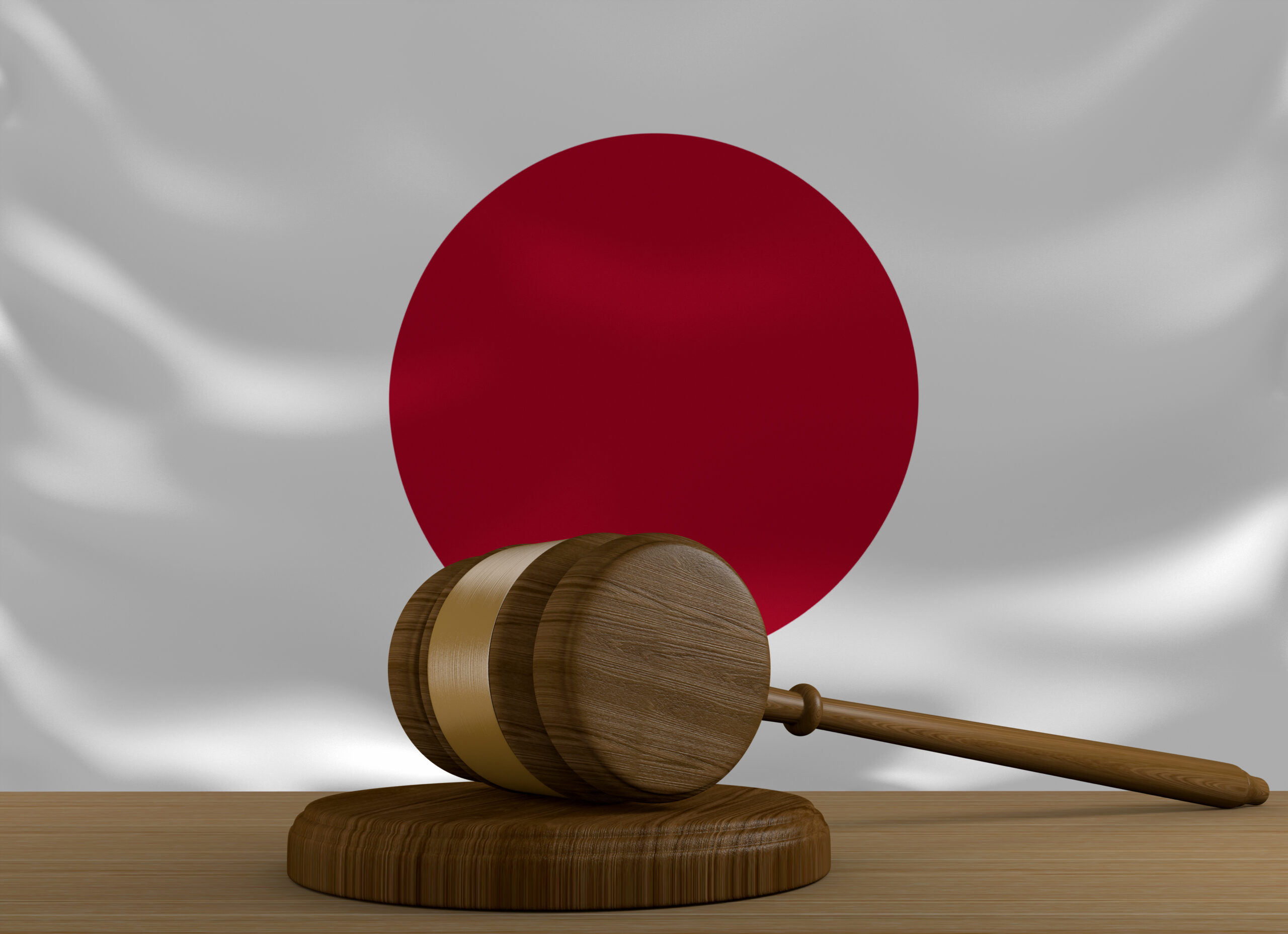Pennsylvania Judge Denies Preliminary Injunction on FTC’s Non-Compete Rule, Setting Up Potential Circuit Split
“While Judge Hodge noted that costs of compliance could be considered irreparable harm under Fifth Circuit case law, her memorandum cited several Third Circuit cases…which held that nonrecoverable compliance costs are not a basis for an irreparable harm finding.”
On July 23, U.S. District Judge Kelley B. Hodge of the Eastern District of Pennsylvania published a memorandum denying a preliminary injunction requested by ATS Tree Services, which sought to prevent enforcement of the Federal Trade Commission’s (FTC) recent rule banning non-compete clauses from U.S. employment contracts. The ruling comes a few weeks after injunctive relief was granted to another plaintiff by the Northern District of Texas, setting up a potential split among regional circuit courts over the FTC’s authority to target non-competes as a form of unfair competition.
Nonrecoverable Costs of Compliance Do Not Create Irreparable Harm in Third Circuit
On July 3, U.S. District Judge Ada Brown from the Northern District of Texas granted a preliminary injunction preventing enforcement of the FTC’s ban on non-compete agreements. While injunctive relief was limited to the plaintiffs bringing the lawsuit, Judge Brown ruled that a plain reading of Section 6(g) of the FTC Act (15 U.S.C. § 46(g)) showed that the nation’s competition agency only had authority to promulgate procedural, not substantive, rules for carrying out the provisions of the FTC Act. Judge Brown also found that the plaintiffs in that case, including the U.S. Chamber of Commerce, proved irreparable harm in the costs that would be incurred to comply with the FTC’s rule.
In yesterday’s Pennsylvania ruling, Judge Hodge found that Section 6(g) did provide the FTC with authority to promulgate substantive rules to address violations of Section 5’s prohibition against unfair competition and deceptive practices. Indeed, the court noted that the FTC had passed a total of 26 substantive rules under its Section 6(g) authority, including those penalizing cigarette companies for failing to disclose health warnings and gas companies for failing to disclose the minimum octane number on gas pumps.
Like the parties in the Northern Texas action, plaintiff ATS Tree Services argued that it would suffer irreparable harm in the costs of complying with the rule, as well as the loss of contractual benefits from existing non-compete agreements. While Judge Hodge noted that costs of compliance could be considered irreparable harm under Fifth Circuit case law, her memorandum cited several Third Circuit cases, including A.O. Smith Corp. v. FTC (1973), which held that nonrecoverable compliance costs are not a basis for an irreparable harm finding. Although ATS argued that it would have to move away from specialized training programs for its employees, Judge Hodge noted that this was not a result of the FTC’s mandate and that ATS had not provided evidence to meaningfully substantiate its fear that employees would leave to join competitors.
Amendments to FTC Act Confirm Section 6(g)’s Substantive Rulemaking Authority
Judge Hodge’s memorandum further distanced itself from the Northern Texas court’s reasoning by finding that plaintiff ATS had not demonstrated a likelihood of success on the merits of its arguments. Whereas Judge Brown found Section 6(g) to be a mere “housekeeping statute,” Judge Hodge found that Section 6(g) is complementary to Section 5, allowing the agency to promulgate rules necessary to prevent unfair competition without any explicit reference to procedural rulemaking. Because Congress chose the term “prevent” in Section 5 regarding the FTC’s responsibility to address unfair competition, its Section 6(g) rulemaking authority was meant to give the FTC authority to act prophylactically to stop unfair competition threats and not limit the agency to addressing such threats through agency adjudications.
Judge Hodge found further support for this conclusion in amendments to the FTC Act that were passed by Congress in 1975 and 1980, both of which followed the D.C. Circuit’s 1973 decision in National Petroleum Refiners Association v. FTC that upheld the FTC’s substantive rulemaking authority under Section 6(g). The 1975 amendments, which created new procedures for addressing deceptive business practices, expressly stated that the changes did not impact the FTC’s existing authority to promulgate rules addressing unfair competition. Additional procedural requirements enacted in 1980 also clearly defined the term “rule” as any rule promulgated by the FTC under Section 6(g) “except… interpretive rules… or rules relating to Commission organization, procedure, or practice.”
The Texas court declined to grant a nationwide injunction preventing the FTC’s non-compete rule, in large part because the court was not briefed on associational standing in that case. More than one month remains before the FTC’s rule becomes effective on September 4, and it remains to be seen if other courts may contribute to this potential split between circuits on the FTC’s rulemaking authority.
John Siegal, of BakerHostetler said the decision sets the stage for uncertainty: “We’ve had two rulings and two different results, Siegal said. “There is now total uncertainty facing employers, employees and the employment market. Enforceability of the FTC rule banning noncompetes will not be determined by the date when the Rule takes effect on September 4.”
ATS counsel, Pacific Legal Foundation attorney Joshua Robbins, issued the following statement on behalf of his client yesterday:
“We are disappointed by the court’s decision to deny our client, ATS Tree Services, LLC, a preliminary injunction today. The FTC does not have the statutory authority to rewrite millions of employment contracts by banning non-compete agreements. ATS, a small tree care business, relies on its non-compete agreements to enable it to provide valuable training to its employees. Banning these agreements will significantly harm ATS’s business. Despite today’s ruling, we will continue to fight the FTC’s power-grab.”
Steve Brachmann
Steve Brachmann is a graduate of the University at Buffalo School of Law, having earned his Juris Doctor in May 2022 and served as the President of the Intellectual Property […see more]







